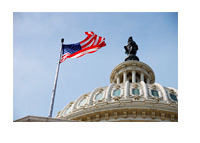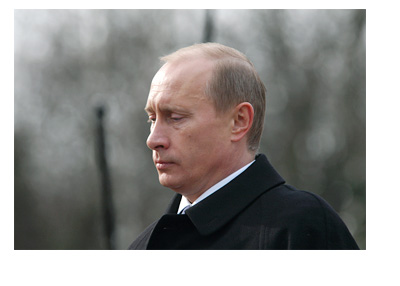Fiscal Cliff Approaches
 One of the terms that you are going to hear over and over again as the end of the year approaches is "fiscal cliff".
One of the terms that you are going to hear over and over again as the end of the year approaches is "fiscal cliff". What exactly is the "fiscal cliff"?
As it stands right now, there are numerous things that are going to happen at the end of 2012 if Congress doesn't take action.
For instance, the Bush tax cuts of 2001 and 2003 (further extended by President Obama in 2009) are set to expire at the end of 2012. President Obama recently said that the cuts should be extended for people making less than $250,000, while the Republicans believe that the cuts should be extended for everybody.
Other expiration or planned implementation of tax provisions, including those found in the Tax Relief, Unemployment Insurance Reauthorization and Job Creation Act of 2010, Middle Class Tax Relief and Job Creation Act of 2012 and Affordable Care Act, are expected to take effect in 2013, if no changes are made by Congress. These provisions would expand the reach of the AMT, expire the payroll tax cuts and increase tax rates on earnings and investment income for high-income taxpayers.
In addition, automatic spending cuts, as per the Budget Control Act of 2011, will lower government spending in 2013 (again, if no changes are made). The CBO (Congressional Budget Office) estimates that the reductions will lower government outlays by $65 billion in the 2013 fiscal year.
On top of that, the planned expiration of emergency unemployment benefits (Middle Class Tax Relief and Job Creation Act of 2012) will lower spending in 2013, as will the reduction in Medicare payment rates for physicians.
--
The CBO predicts that the increased tax revenues and lowered spending would significantly reduce the country's budget deficit going forward.
So what's the problem?
Many economists fear that the "fiscal cliff" would completely derail the US economy and plunge the country into another recession.
The US economy isn't exactly in stellar shape right now, and economists fear that a simultaneous increase in taxes and decrease in spending would destroy an economy that has been so reliant on fiscal stimulus.
For this reason, many politicians are cognizant of the fact that the "fiscal cliff" must be avoided at all costs.
--
The fight over how to avoid the coming "fiscal cliff" is going to be extremely bitter. This fight has been in the making for the past few years and is promising to be every bit as nasty as the "debt ceiling" battle of a few years ago.
Source: CBO.gov - Economic Effects of Reducing the Fiscal Restraint That is Scheduled to Occur in 2013 (*.pdf)
Filed under: The Economic Meltdown



